Cleaning plastic from the ocean is not easy

What makes plastic so unique is its durability, but also its Achilles heel. Plastic in the ocean will last for millennia—not just as bottles and toys but in tiny fragments called microplastics, making it much harder to clean from the ocean than conventionally thought. These microplastics float throughout sea-currents and find their way into the […]
Not all ocean plastic is recyclable

Although many companies are developing products and packaging made from ‘recycled ocean plastic’ this terminology is somewhat misleading. Not just a matter of semantics; the reality is that most of the plastic retrieved from the ocean is very difficult to process. Once plastic enters the ocean, it becomes degraded by sea salt and UV light—rendering […]
More brands jumping on the ocean plastic bandwagon
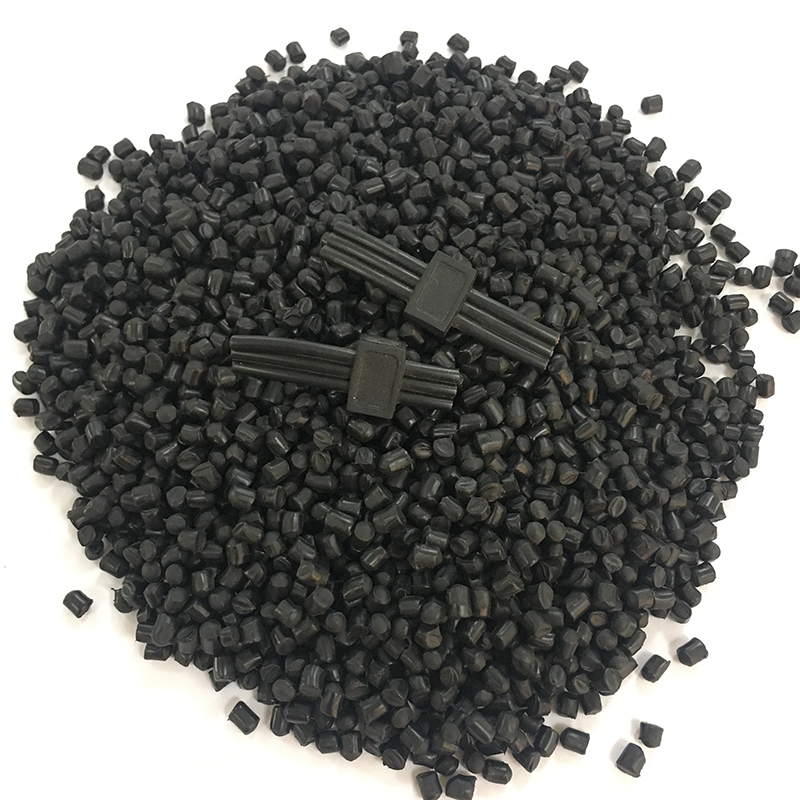
True ‘ocean plastic’ collected in the high seas is often degraded to a point where it can no longer be reused. Furthermore, it is expensive to retrieve. Large expeditions need to be funded to access garbage patches far out at sea, and even then (ironically) not enough material can be collected to support the growing […]
Using PCR plastics to further promote waste plastic recycling
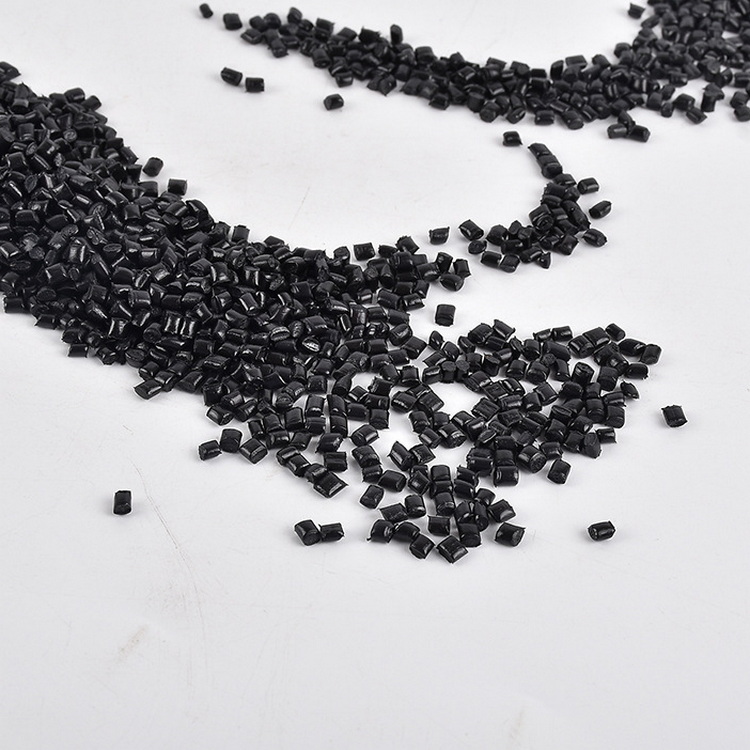
Using PCR plastic mixed with virgin plastic to make plastic products not only reduce carbon dioxide emissions but also reduces energy consumption and helps protect the environment. PCR plastic is one of the important directions to reduce plastic pollution and contribute to “carbon neutrality.” (2) Using PCR plastics to further promote waste plastic recycling The […]
Why use PCR plastic?
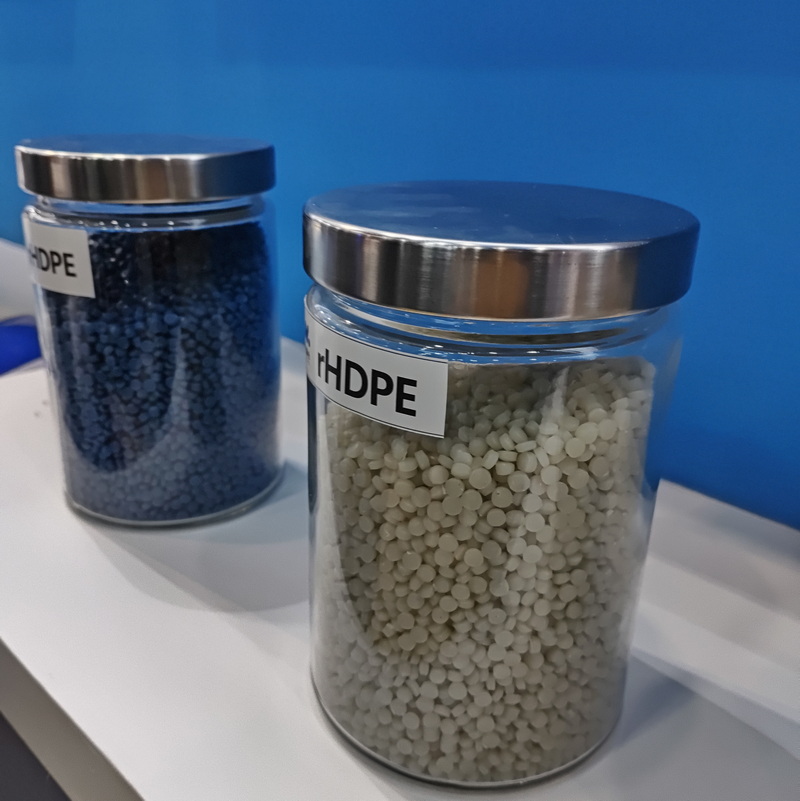
PCR plastic is one of the important directions to reduce plastic pollution and contribute to “carbon neutrality.” Since the invention of plastic, plastic products have undeniably brought great convenience to human beings. But the accompanying problem of plastic waste should not be underestimated. Humans generate about 30 million tons of plastic waste every year, of […]
What is PS plastic?
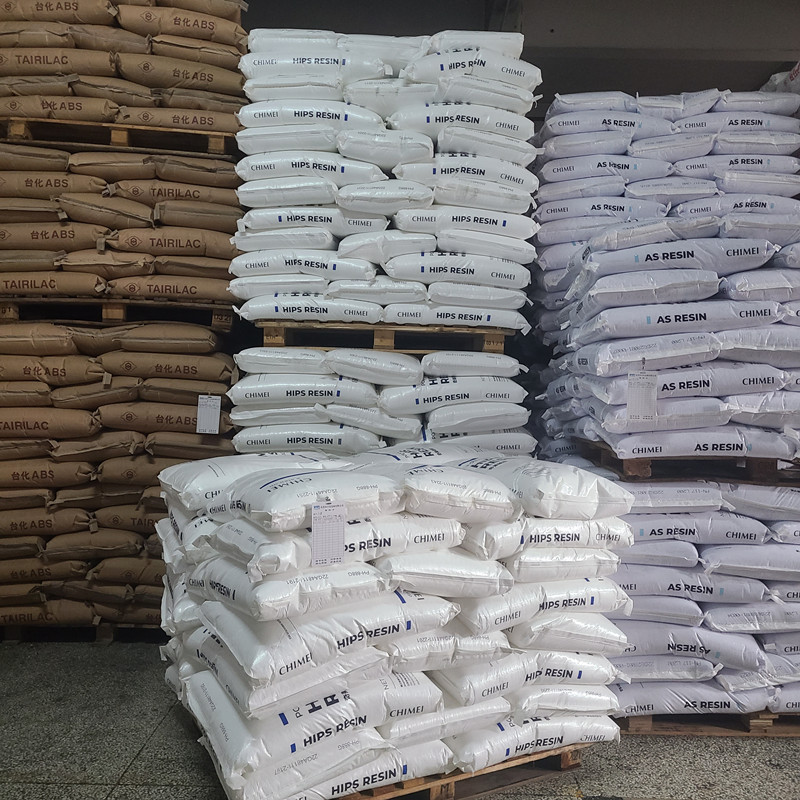
What is PS Plastic? What does PS stand for? PS is an acronym for PolyStyrene, a rigid, glassy thermoplastic that is derived from petroleum. What is PS plastic? Polystyrene is recycling number 6. What are some properties of PS? PS is exceptionally clear and naturally glassy. Has a density of around 1.05 g/cm3. Burns with orange-yellow […]
What are some properties of Polypropylene

What does PP stand for? PP is an acronym for?PolyPropylene?and is a?thermoplastic?manufactured from propylene gas in presence of a catalyst (such as titanium chloride). What is PP’s plastic number? PP is?recycling number?5 and is used in both structural plastic and as a fiber. What are some properties of PP? PP is light weight. Polypropylene has […]
POLYCARBONATE (PC) granules
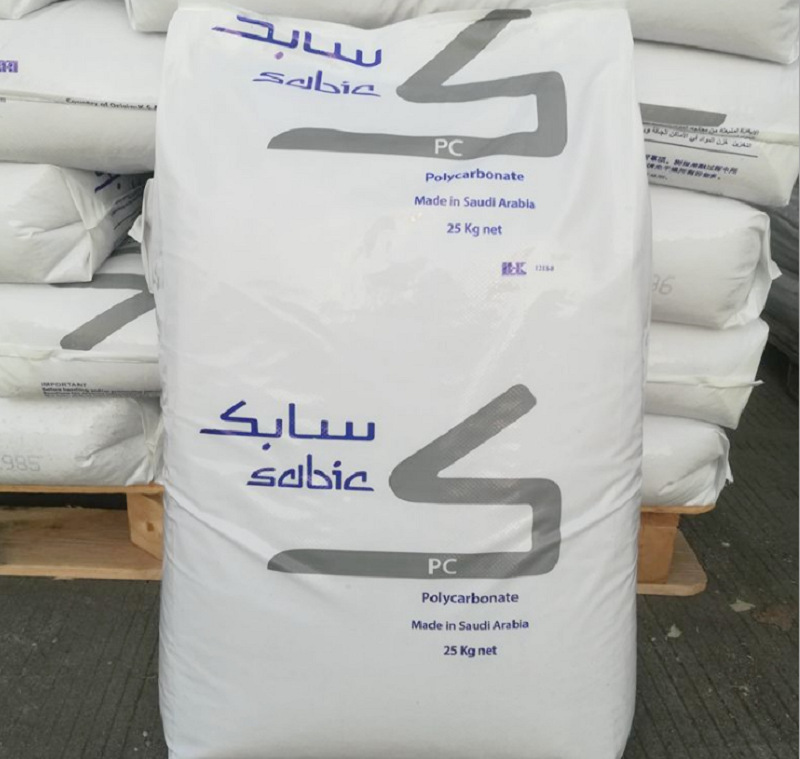
What is Polycarbonate? What does PC stand for? PC is an acronym for PolyCarbonates granules, a group of thermoplastic polymers containing carbonate groups (carbon that is bonded to three oxygen groups). What is PC’s plastic identification number? PC does not have its own plastic number. Instead, PC is identified by number 7, which is a€?othera€? plastic […]
The power of Polypropylene
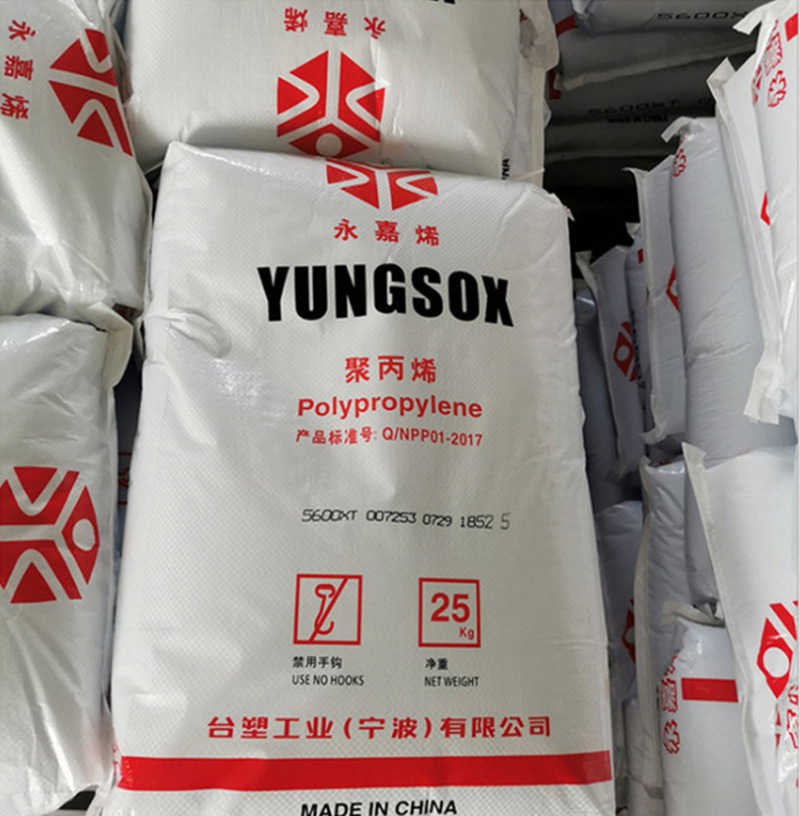
Polypropylene produces less solid waste by weight than PET, PS or PVC. ?Thus many recycling applications exist for Polypropylene: ?battery cases, paint cans, home storage, flower pots, pallets, crates, composite lumber, and more. In the US, out of the 51 largest US municipalities of the state, 44 collect polypropylene. Polypropylene and high-density polyethylene (HDPE) produce […]
